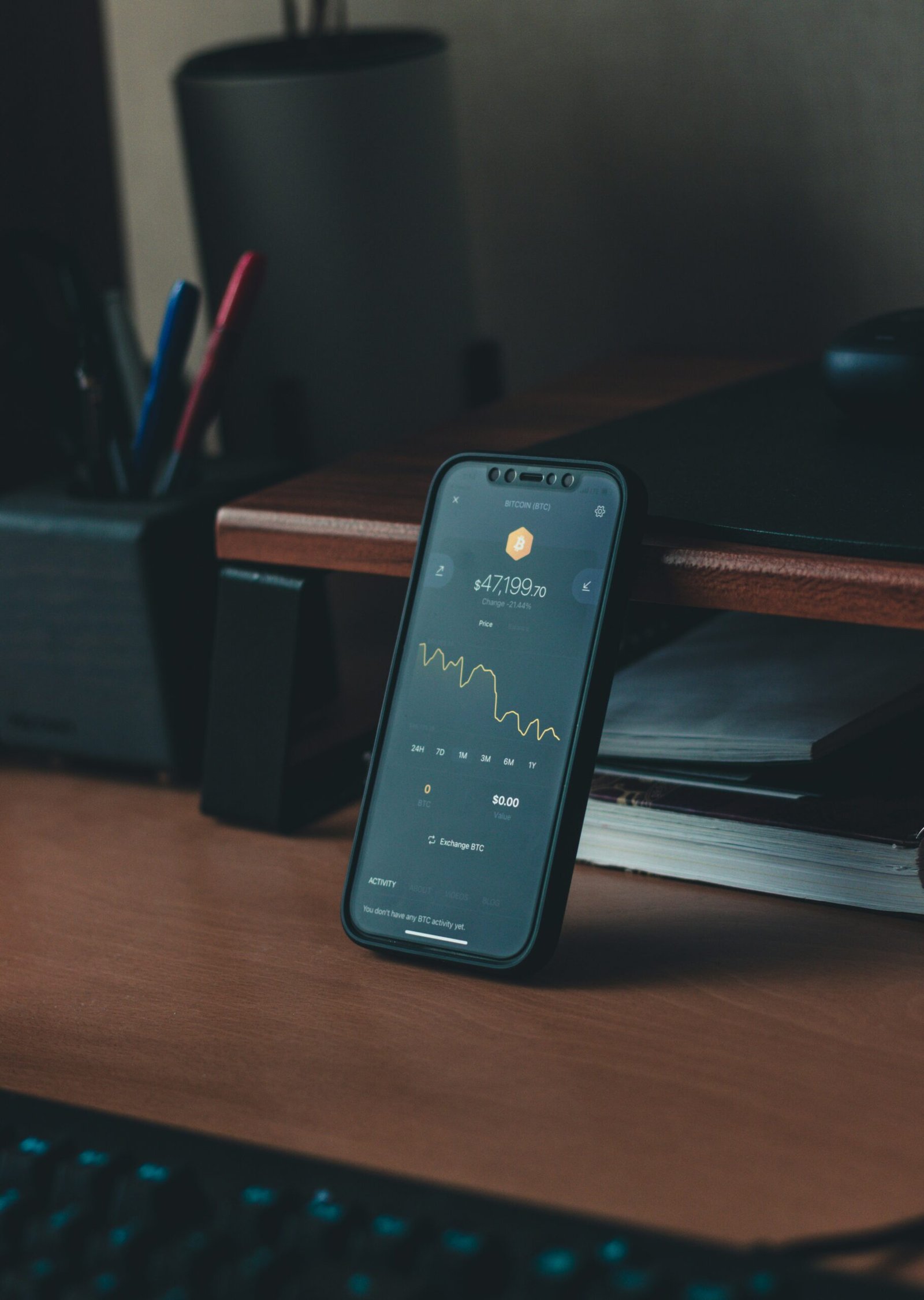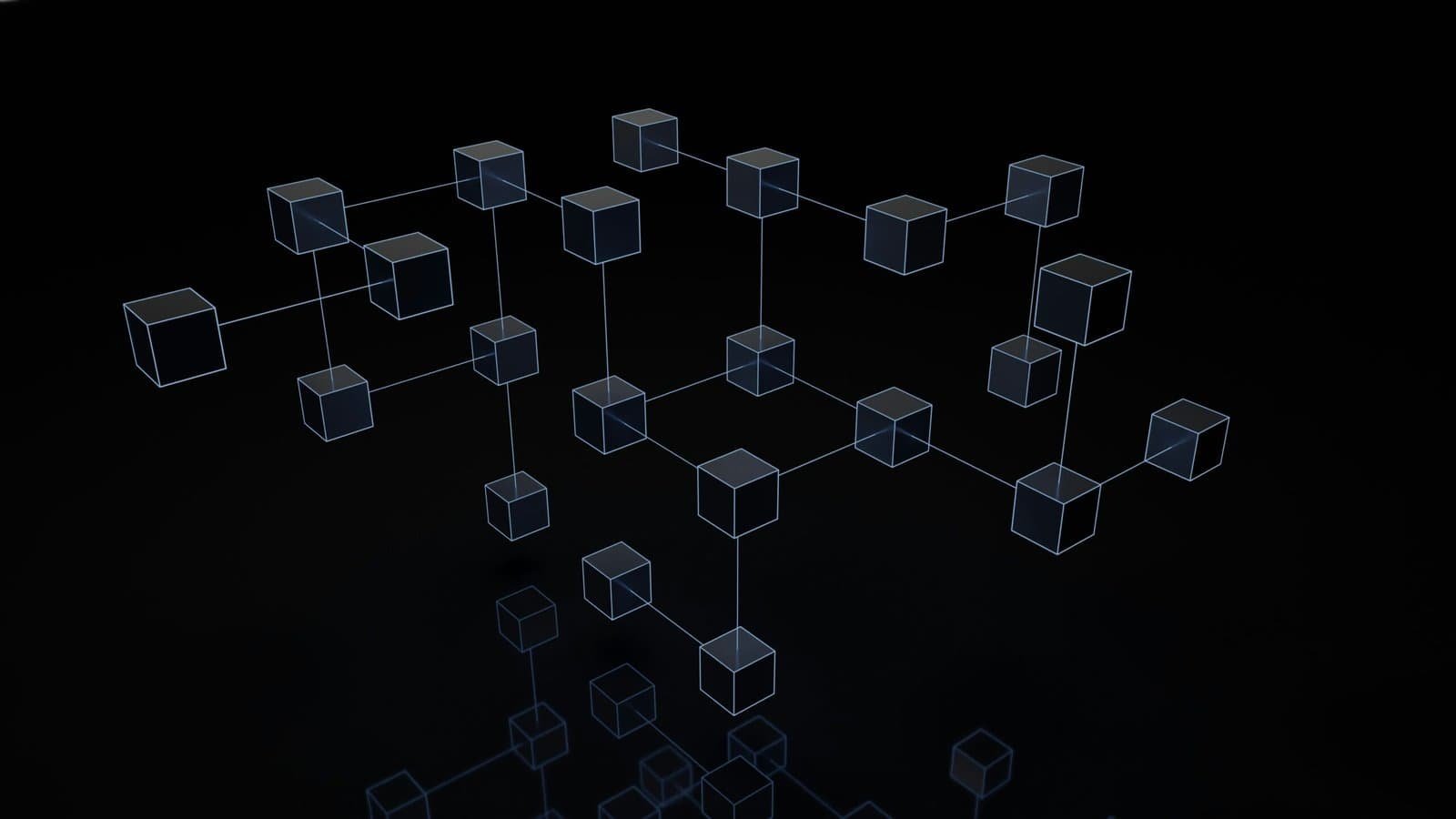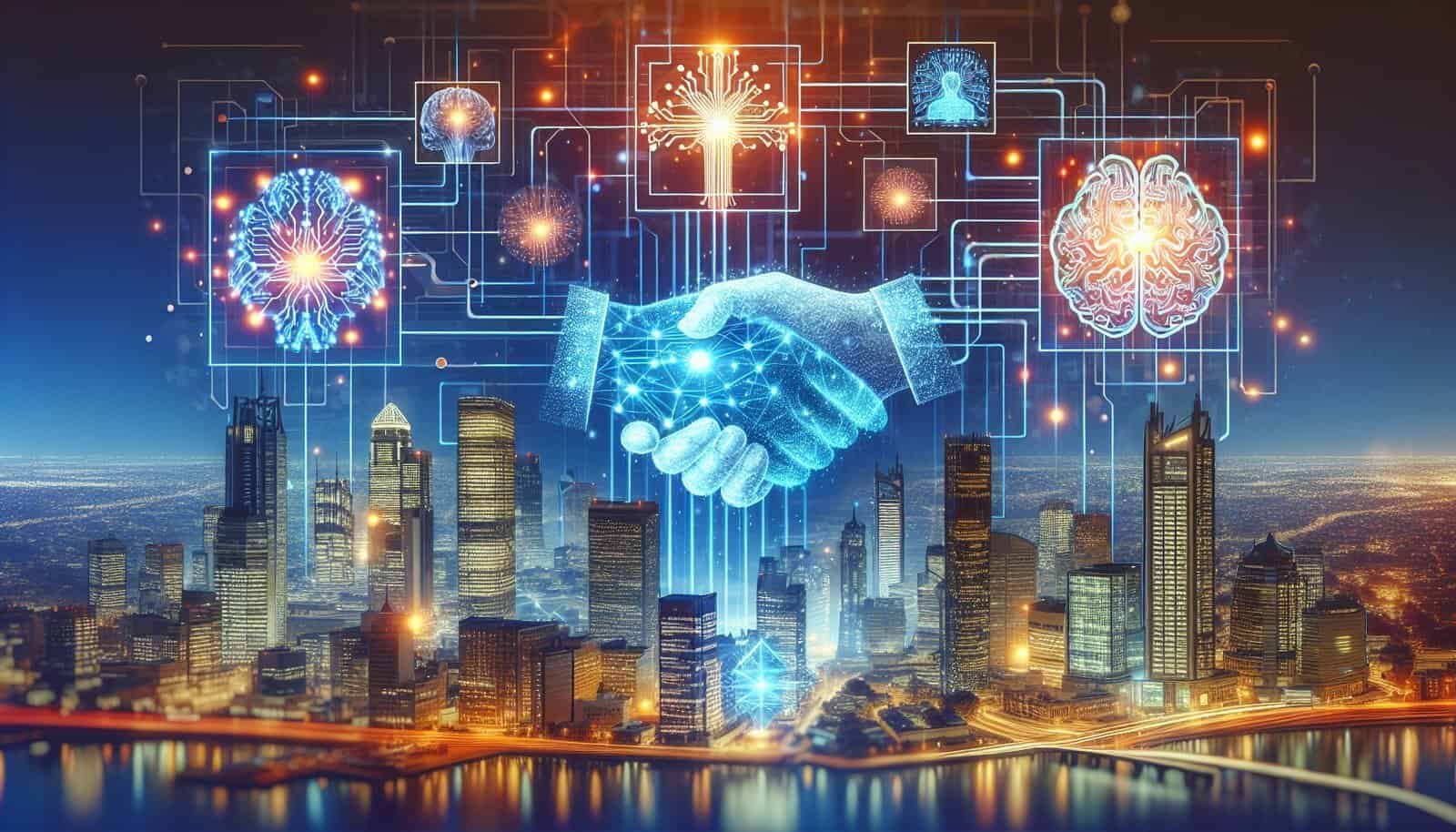Have you ever wondered how artificial intelligence is reshaping the landscape of legal agreements in the digital realm? The dynamic world of technology has increasingly turned to AI to streamline and enhance processes that once seemed impervious to change. AI-generated smart contracts are among these innovations, offering a glimpse into how AI might bridge the complexities of law and digital transactions. Let’s embark on a journey to understand what this all means for you and how it might impact our daily interactions.

What Are AI-Generated Smart Contracts?
At their core, smart contracts are self-executing contracts with the terms of the agreement directly written into code. They run on blockchain technology, which ensures that the contract’s transactions are transparent and immutable. When AI enters the fray, these smart contracts become even more sophisticated, as AI-driven processes allow for quicker analysis and even modifications based on data analytics.
Smart contracts lift the burden of human intervention to a large extent, reducing errors and boosting efficiency. When crafted with AI, these contracts can handle a vast array of stipulations, potentially involving complex algorithms that adapt to new data. This means fewer misunderstandings and a smoother execution of terms.
How Do AI and Smart Contracts Work Together?
AI enhances smart contracts by offering predictive analytics and natural language processing capabilities. These tools make smart contracts not only automated but also intelligent. They can learn from data and past interactions to adjust terms as necessary, ensuring compliance and mitigating risks.
This combination leads to more reliable contract executions. Imagine a contract that can manage everything from financial transactions to service level agreements automatically, and that’s only the beginning. AI can comb through vast data sets, detect anomalies, and make real-time adjustments—facilitating a more dynamic contract execution that could change how businesses and individuals approach agreements.
The Benefits of AI-Generated Smart Contracts
There are several clear advantages to integrating AI with smart contracts. For starters, efficiency skyrockets. Smart contracts don’t need intermediaries, which saves time and costs. The automation ensures that the terms are executed precisely when conditions are met without the need for manual intervention.
Another point to consider is security. The blockchain foundation of smart contracts, paired with AI’s analytical prowess, safeguards against fraudulent activities. Each transaction is recorded, making auditing straightforward and minimizing room for disputes.
Reducing Costs and Enhancing Speed
Traditional contracts often necessitate lawyers, escrow agents, and other intermediaries. By automating these roles, AI-generated smart contracts reduce costs significantly. Similarly, because these contracts are designed to execute automatically and are based on pre-set conditions, the speed of initiating and completing a contract far exceeds that of its traditional counterpart.
Imagine you’re running a small business and need to automate transactions with suppliers. A smart contract could automatically pay suppliers when goods are delivered to a satisfactory condition, effectively managing and executing the entire transaction seamlessly and swiftly.
Transparency and Trust
One of the most revolutionary aspects is the transparency and trust these contracts provide. Since they operate on a transparent blockchain, all parties can view and verify transactions. This transparency builds trust among participants, encouraging cleaner and more reliable business practices.
Consider this: if every transaction can be traced and verified independently, the likelihood of disputes diminishes. All terms are publicly accessible (to the concerned parties), ensuring full transparency.
The Role of Gas Tokens in Smart Contracts
Now, let’s talk about gas tokens. You might think of gas tokens as the fuel that powers smart contracts. They enable transactions on blockchain by providing the computational power needed for execution. A gas token is essentially a unit that measures the computational effort required to execute operations, such as a smart contract or other transactions, on the Ethereum network or similar smart contract platforms.
Why Are Gas Tokens Necessary?
In simple terms, smart contracts consume computational resources to execute. Blockchain networks such as Ethereum require users to pay for these computational resources to prevent misuse and to allocate resources efficiently. Gas tokens act as this payment method. Every operation on the blockchain needs a certain amount of gas—a concept likened to how your car requires fuel to run.
Let’s suppose you’re executing a contract that transfers funds. The execution of this contract will need a precise amount of computational power, and the cost of this power is met with gas tokens.
The Future of AI-Generated Smart Contracts
The intersection of AI and blockchain is creating a futuristic playground for innovation. As AI continues to evolve, the capabilities of smart contracts will expand. Future contracts could not only handle more significant volumes of data but also operate cross-chain between different blockchain ecosystems, making interactions and transactions even smoother and more encompassing.
Consider possibilities like integrating IoT (Internet of Things) with smart contracts. Appliances or vehicles that autonomously manage energy consumption or service intervals based on AI-driven data analysis, paying for these services using blockchain technology—isn’t that exciting?
Challenges on the Horizon
Though promising, AI-generated smart contracts come with their challenges. Data privacy and legality are primary concerns. Since smart contracts often operate in a transparent and immutable environment, handling sensitive information carefully is paramount.
Legal frameworks worldwide are just starting to catch up with these technological advances. Ensuring that laws recognize and enforce AI-driven contracts continues to be a challenge. There’s the question of accountability—who is responsible when AI goes awry? These are questions that lawmakers and tech developers alike are grappling with.
Security Concerns
While blockchain’s design is inherently secure, smart contracts aren’t immune to risks. Bugs in the contract code, if not identified beforehand, can lead to unauthorized transactions. Just like any other tech, these contracts need rigorous testing.
Furthermore, the AI component—while sophisticated—is itself evolving. Ensuring AI behaves as expected and does not deviate from its intended tasks is another layer of complexity that developers detail meticulously.

How AI-Generated Smart Contracts Impact Us
When looking through the lens of a regular consumer or business owner, these contracts are set to revolutionize how agreements are perceived and executed. On one hand, they widen access—anyone with an internet connection can tap into blockchain and utilize smart contracts, democratizing access to legal frameworks.
Widening Access
In today’s world, legal services are often associated with high costs and complications. Smart contracts cut through this by being universally accessible, reducing complexity and enabling more individuals to enter into enforceable agreements.
Envision a marketplace where anyone can create contracts without the need for a deep legal background or extensive payments to attorneys. AI-generated smart contracts help level the playing field, driving broader participation and innovation.
Industries Poised for Disruption
While any area involving contracts stands to benefit, particular industries are on the cusp of transformation. FinTech and supply chain industries are early adopters. Financial institutions can execute cross-border transactions instantly, and supply chains can monitor and automate logistics, making transactions smoother.
Healthcare and insurance could follow closely. Automated contract execution lowers administrative overhead and improves service efficiency, directing more focus on patient care and accurate, real-time insurance adjustments.
Creating Secure and Reliable AI-Generated Smart Contracts
For those interested in developing these cutting-edge contracts, several principles guide their creation. Key among them is ensuring a robust coding framework, an understanding of legalities, and transparent operations. Developers rigorously test these contracts to catch potential bugs before they can be exploited.
Best Practices for Developers
Thorough Testing: Before deployment, smart contracts undergo extensive testing to uncover hidden bugs. Tools like static code analysis help identify these vulnerabilities.
Audits: Security audits help verify the contract’s integrity. Independent, third-party audits often reveal weaknesses that might not be readily apparent to the development team.
Modular Approach: Creating contracts using a modular design can aid in identifying, isolating, and rectifying specific areas of concern without affecting the entire contract’s operations.
Legal Consultation: Even though smart contracts can self-execute the terms of a contract, aligning them with existing legal frameworks still requires expertise from legal professionals to ensure compliance.
Selecting the Right Platform
Choosing a suitable blockchain platform for your smart contract is also crucial. Some platforms specialize in specific types of transactions or offer better integration capabilities with existing business processes.
- Ethereum: Often the go-to for smart contracts, owing to its robust tools and community support.
- Binance Smart Chain: Known for lower transaction fees and a growing ecosystem.
- Tezos and Cardano: Offer unique scaling and governance features that might align better with specific project needs.
Every platform has characteristics and strengths; ideally, choose one that best fits your intended use case and aligns with your strategic goals.

Real-World Applications of AI-Generated Smart Contracts
The potential applications for AI-generated smart contracts seem limitless, touching on areas like real estate, digital identity verification, and beyond. In real estate, they could instantly verify ownership records or automate the payment process. Think of the time and effort saved by digitizing these traditionally complex processes!
Real Estate
Real estate transactions typically involve numerous intermediaries, prolonging the process. Smart contracts could automatically verify property records, handle payments, and even manage leasing agreements, cutting through bureaucracy and speeding up transactions considerably.
Digital Identity Verification
Digital identity is becoming paramount in our interconnected world. AI-generated smart contracts can offer a secure method for identity verification and management, enhancing privacy while simplifying cross-border identity uses.
Supply Chain Management
Throughout manufacturing and delivery processes, smart contracts could automate and verify every step, reducing the chance of errors and fraud. This efficiency ensures timely and accurate deliveries while reducing costs associated with manual document handling.
Final Thoughts on the Evolution of Contracts Through AI
While the concept of AI-generated smart contracts might seem like a leap into the unknown, they reflect the logical progression of contractual evolution in the digital age. By understanding and embracing this technology, you stand at the forefront of streamlining agreement-based operations, using tools that align with the envisioned digital-first future.
Surely, the challenges and questions surrounding their adoption need careful consideration and discussion. Yet the potential personal and business benefits they hold may well spur you to explore this burgeoning field further. As technology advances, the convergence of AI and smart contracts is one of those areas where risk and reward are intertwined in a potentially transformative dance.rients.

